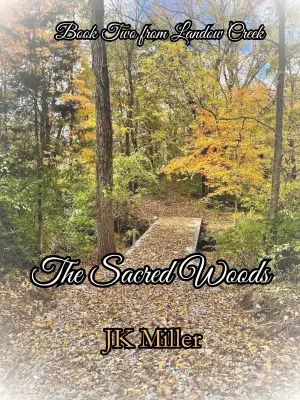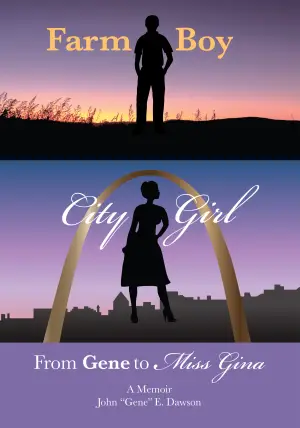A Dance with Fire: A Review of John Boyne’s Fire
There’s something about the title Fire that immediately ignites curiosity, and when I saw that it was penned by the immensely talented John Boyne, I couldn’t help but feel a spark of excitement. Known for his ability to weave profound human emotions into compelling narratives, Boyne again does not disappoint. Here, he invites us into the tangled life of Dr. Freya Petrus, a brilliant but troubled burns specialist. As I journeyed through this powerful tale of vengeance and redemption, I found myself caught in a whirlwind of emotions, reflecting on the human condition and the weight of our past traumas.
At the heart of Fire is Freya’s deeply personal story—the repercussions of her childhood, particularly a haunting incident at the tender age of twelve. From the very first lines, I was captivated: “When I was twelve years old, I was buried alive within the grounds of a construction site.” This statement sets the stage for a gripping exploration of how the elements—water, earth, and the titular fire—impact our lives and shape our destinies. Boyne masterfully uses Freya’s narrative to delve into themes of neglect, trauma, and the quest for understanding in a world that often feels antagonistic.
Boyne’s choice to have Freya narrate in the first person creates an intimate connection; it feels as if she is confiding her darkest thoughts directly to us. The oscillation between her clever observations and the raw rationale behind her vengeful desires adds depth to her character. Freya is cold and hard, a woman who has shielded herself with the armor of her intelligence, yet her vulnerability seeps through the cracks. Her relationship with her mother and grandmother reveals layers of familial dysfunction that many readers may recognize.
I was particularly taken by Freya’s reflection on her specialty: “The elements destroy everything.” This sentiment resonates deeply as she explores the cruel realities of life and death. Boyne doesn’t shy away from the ugly—he dives right in, challenging us to confront our prejudices toward those who bear physical scars. This perspective is what makes Boyne’s work resonate so powerfully; he reminds us that everyone has a story that can twist them into a perpetrator or a victim, often at the crossroads of circumstance and choice.
The pacing of Fire is consistently engaging, with a mix of introspection and tension that keeps the pages turning. I found myself lost in Freya’s journey not just because of the narrative trajectory, but also due to Boyne’s exquisite prose. Phrases sparkle with insight, and his dialogue feels genuine, capturing the complexities of human relationships.
In Fire, Boyne continues to craft a narrative about resilience and the intricate interplay of trauma and identity. The way he intertwines dark themes with thought-provoking questions about morality and the human psyche is both thrilling and unsettling. As I closed the book, I couldn’t help but ponder: What would I do if I faced Freya’s circumstances? Might I, too, be pushed to the brink?
I wholeheartedly recommend Fire to fans of psychological thrillers and literary fiction alike. If you appreciate a gripping narrative that compels you to reflect on personal and societal complexities, this book is undoubtedly for you. Boyne’s latest work is a testament to the fact that we all carry our fires—some ignite passion and others, pain—but in reading, we find a shared humanity that burns brightly.













